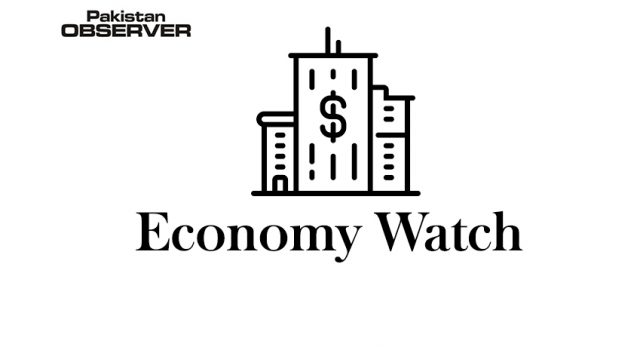Oil sector woes: Act now before it’s too late
Crude oil is one of the most important global commodities. Refined products like petrol and high-speed diesel, which are obtained after processing, are the dominant source of energy in the world. From vehicles to electricity to plastics, crude oil is used everywhere. Take crude oil and petroleum products out from a country’s energy system and its economic engine will inevitably fail.
The oil companies, therefore, play a critical role in the economy, including in Pakistan. They are tasked with buying, processing, storing, and distributing crude oil and refined products in every corner of the nation. The petroleum companies, however, have limited financial resources. The oil refiners and oil marketing companies (OMCs) operate on thin margins and must keep enough cash reserves that can last through commodity cycles. That’s where the country’s financial sector steps in. The banks provide credit facilities to oil companies which the latter utilizes by buying huge quantities of petroleum and refined products.
The close collaboration between the oil and financial sectors can be seen all over the world. But what happens if this partnership starts to fall apart? Then the entire energy system might collapse. Unfortunately, we are now seeing the first signs of this in Pakistan.
The commercial banks in Pakistan have reportedly taking a very conservative view on credit limits of oil companies and are showing reluctance to open Letters of Credit (LCs) for oil imports. That has come in the aftermath of the HASCOL default scandal which, ideally, should have prompted banks to improve their lending and audit mechanisms. But instead, the banks are avoiding lending to the critical energy sector.
The banks have restrained financing facilities just when the petroleum companies are witnessing an increase in working capital requirements. Since last year, the value of the Pakistani Rupee against the US Dollar has depreciated sharply. The USD is now trading at Rs200 whereas a year ago, it was hovering near Rs155. At the same time, oil prices have gone through the roof, climbing to $120 a barrel at the time of this writing from $69 a year earlier.
Due to the above-mentioned twin factors, the petroleum companies now require significantly more funds to make crude oil purchases than before. To illustrate, consider that if last year, an oil refiner got crude oil delivered from a vessel that carried 500,000 barrels of oil, then the cargo alone would have cost approximately Rs5 billion. But now, that same cargo would cost Rs12 billion due to the drop in the value of the local currency and higher commodity prices.
From this example, we can easily see how the capital requirements of petroleum companies have more than doubled in the past 12 months. In terms of Rupee, the crude oil price has gone up by more than 120% in the said period. Theoretically, the petroleum companies should be able to absorb this price hike as long as the banks also make a commensurate increase in financing. But if the banks refuse, then this could severely hamper the petroleum buying abilities of oil firms.
If, for instance, an oil company saw its credit limit enhanced from Rs5 billion to Rs12 billion, then such a company would continue buying 500,000 barrels of crude oil, without any problems, using that credit facility as oil prices rose and PKR depreciated. However, if the banks kept the credit limit unchanged, then the same company would be able to purchase less than 210,000 barrels of oil. If the bank slashes the credit limit to Rs3 billion, then the oil firm will procure just 125,000 barrels of oil.
The oil companies could use some of their own cash to buy more oil but they cannot completely fill the gap created by restrictions in credit lines. As indicated earlier, the refineries and OMCs run a low-margin business and typically don’t have tens of billions of excess cash set aside for purchasing crude oil. Besides, the cash flows of oil companies have already been under severe stress due to the receivables arising from the Price Differential Claim(PDC) while some firms are facing a liquidity shortfall.
If the oil companies face a severe liquidity crisis, then it is easy to see how they will buy fewer and fewer barrels of petroleum products. Some might procure just enough volumes needed to stay afloat and pay salaries. Some might even stop purchasing oil altogether. What’s going to happen to the country then? The burden will shift to PSO, but the national OMC is already starving for cash while its debt has been piling up. PSO certainly is not in a position to do the work of a dozen other OMCs.
Pakistan Army and Airforce, law enforcement agencies, government institutions, Pakistan Railways, power plants, factories, and the general public, virtually everyone gets their fuels from petroleum companies. But what will happen if they stop supplying fuels? A nightmare scenario will ensue.
However, this can be avoided if the policymakers step up and resolve issues of the oil sector at the earliest. The petroleum companies are still supplying fuel, despite serious constraints. The authorities must act now by enhancing their credit limits, in accordance with the changes in the Rupee-Dollar parity and international oil prices, before the petroleum firms start cutting back on oil imports.










